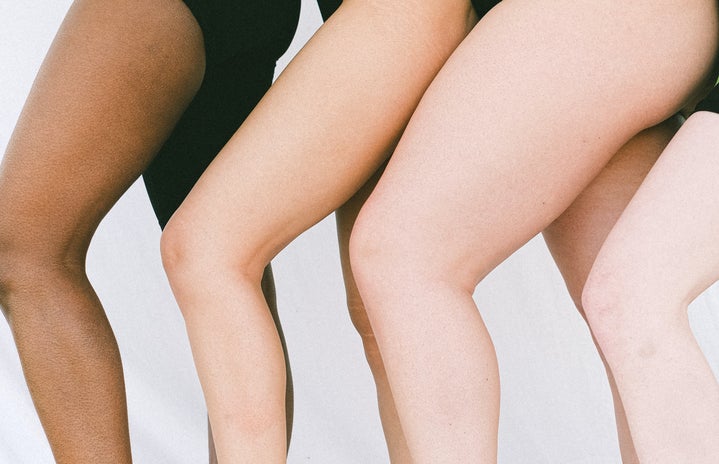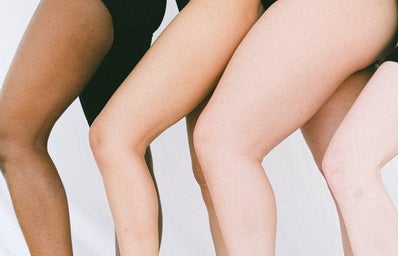Throughout quarantine, I felt like I was consistently hearing stories of young women struggling with their body image. According to dosomething.org, a global non-profit organization with the goal of motivating young people to make positive change, approximately 91% of women are currently unhappy with their bodies and resort to dieting to achieve their ideal body shape. Statistics aren’t even necessary to see that this is an issue in our society. Too often do conversations with friends consist of how they’ve been eating too little or too much, how they look fat or thin, how that girl looked heavier and that girl looked malnourished or too thin. Our society puts so much weight––pun intended––on girl’s and women’s bodies, and the pandemic especially brought this issue to the surface. During quarantine, especially in those beginning months when everything was so uncertain, I think everyone felt a loss of control. We were all afraid. We were all fearful. We had no idea what was around the corner, and we still don’t, but then it seemed as if everyday things were changing. Life had come to a halt, and people possessed a lot of time that they hadn’t ever had before. Time to think, time to reconsider, time to reminisce, time to rebuild, and time to reflect. However, this time didn’t always feel like a gift. In America, our society puts so much pressure on us to always “do.” We are trained to always be searching for that next step, that next job. We are told that time spent doing leisure activities is a “waste.” We are always on the go.

I know far too many incredible women who let this combination of events get to them, and it is not at all their fault. With nothing to do, looking in the mirror becomes a spectator sport. During quarantine, so much value was placed on appearance, as more people looked on screens, and others seemed to accomplish fame overnight by simply filming themselves and being attractive.
Although quarantine and social media have brought out the beast, the fact that society places extreme value on women’s appearances is a tale as old as time. I was having dinner with a friend the other night who I value very much. She is one of the most incredible women (and people) I know and makes me want to be a better person every day. As we enjoyed our meal together, she said something I found to be very insightful:
“We praise women so much on how they look when we see them, and it’s meant to be social, it’s meant to be a compliment, it’s meant to make someone feel good after you maybe haven’t seen them in a while, or to make conversation. But those five seconds you take in something surface level with your eyes reveal absolutely nothing about what’s going on underneath; what really matters. When’s the last time someone complimented you on something other than how you look?”


Beauty is in the eye of the beholder–– but is beauty always what appears on the surface anyway? I don’t think so.
Want to keep up with HCBU? Make sure to like us on Facebook, follow us on Instagram, check out our Pinterest board, and read our latest Tweets!


